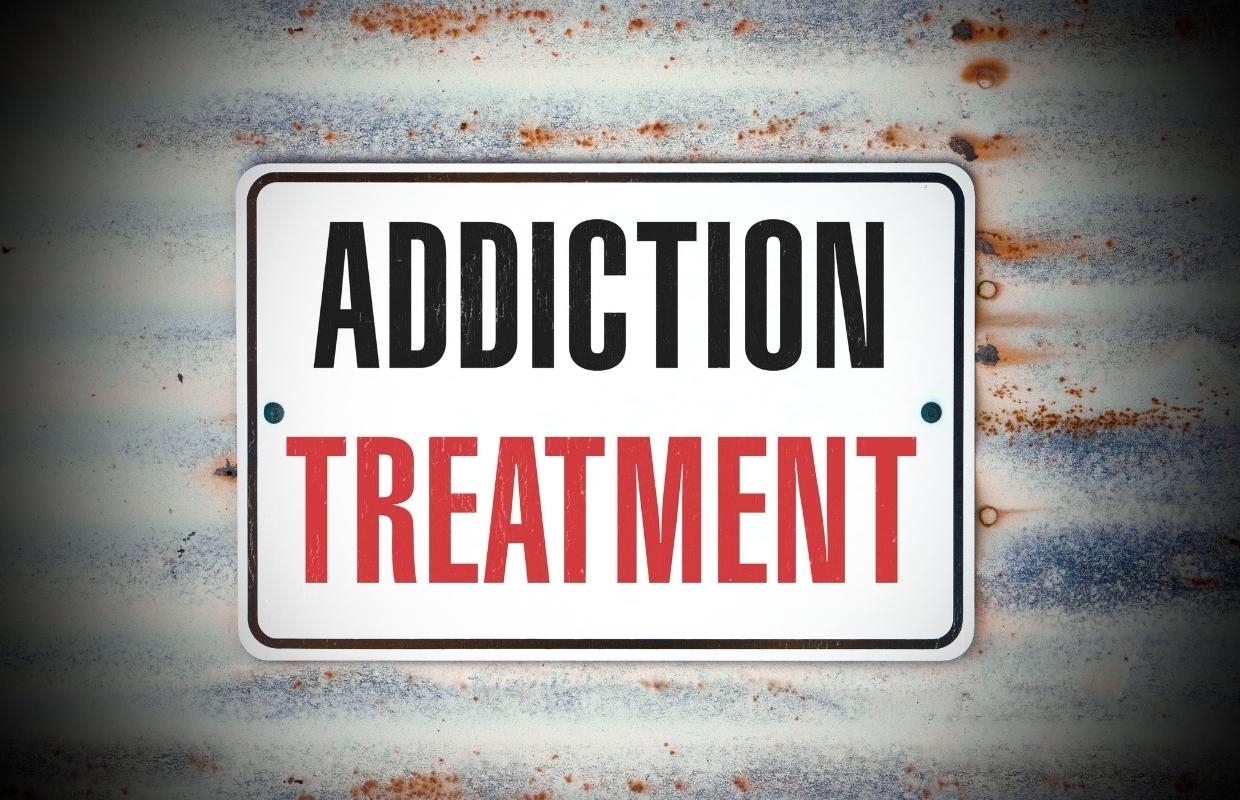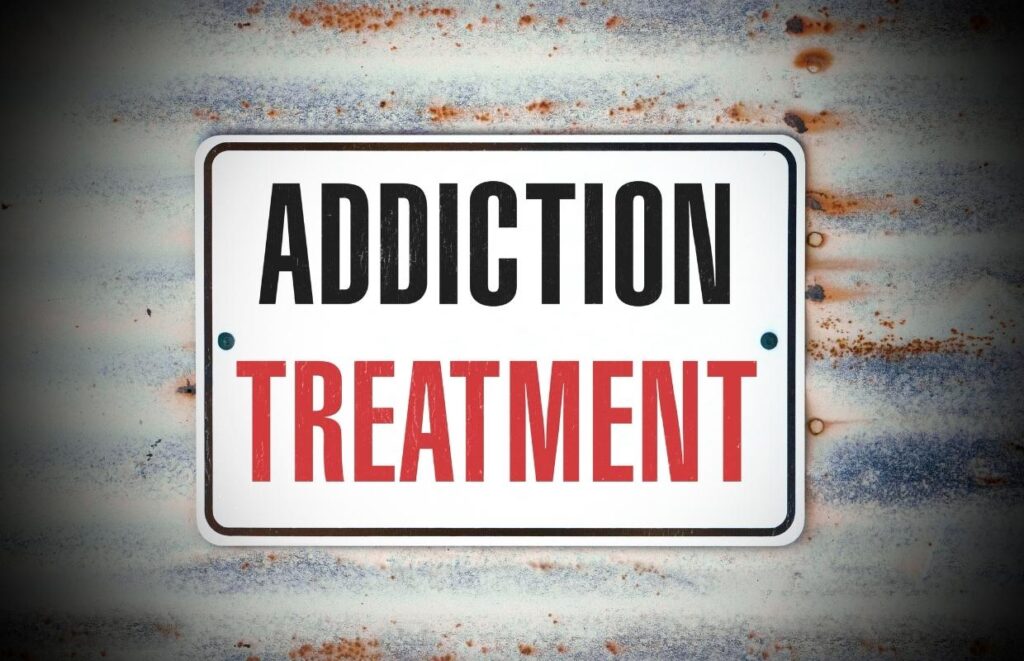Latest Advancements in Drug Addiction Treatment
Treatment for drug addiction has improved dramatically over the last decade with many cutting-edge advancements.
Treatment for drug addiction has improved dramatically over the last decade. In the past, treatment was limited to education about the harms of drugs, and most programs only lasted 30 days. Today treatment programs incorporate evidence-based forms of behavioral therapy, and the recommended time to remain at treatment is three months or longer. The advancements in addiction treatment now help people understand that their disease centers in their mind and emotions and how to overcome it. 
What Are Advanced Addiction Treatment Methods?
Quality drug and alcohol treatment standards are now about evidence-based behavioral therapies. Cognitive-behavioral therapy, dialectical behavioral therapy, motivational interviewing, rational emotive behavioral therapy, and psychotherapy have been proven through research to help someone end their addiction. The science that studies addiction counseling and treatment shows that addicts and alcoholics suffer from trauma, abuse, and neglect and require behavioral therapy to help them. It is an in-depth form of psychotherapy that addresses the individual’s thought patterns and feelings to help them regulate what they think about and how it makes them feel. They are easing the pain they feel from their past experiences by retraining their mind.
Is Behavioral Therapy the Solution for Drug Abuse?
Behavioral therapy is one of the advancements that has proven to help a person end their addiction to drugs and alcohol. Yet it is recommended that behavioral treatment be combined with the following therapy types while in a drug rehab program such as Evoke Waltham:
- Trauma Counseling
- Medication-Assisted Treatments
- Interpersonal Therapy
- Psychoeducational Groups
- 12 Step Philosophy Groups
- Spiritual Awareness and Practice Groups
- Holistic Therapy (acupuncture, meditation, massage therapy, yoga, guided imagery)
What Do Addiction Experts Recommend For Rehab?
The experts on addiction treatment in the United States, the National Institute on Drug Abuse, provide detailed guidelines on an effective treatment program. They stress the need for long-term treatment and listed are their key points.
Most patients need long-term or repeated care to stop using completely and recover their lives. People need to have quick access to treatment, and effective treatment addresses all of the patient’s needs, not just their drug use. Staying in treatment long enough is critical, as counseling and other behavioral therapies are the most commonly used forms of treatment. Medications are an important part of treatment, and treatment should address other possible mental disorders. (NIDA)
Do Researchers Think Addiction is A Brain Disease?
Today the current research does identify addiction to drugs or alcohol as a brain disease. They are accurate in that drugs and alcohol impair the functioning of the brain and the reward center of the brain. Yet, the brain disease model only addresses the effects of drugs and does not include the symptoms the person had before they began taking drugs. Currently, researchers in Europe are finding that addiction is a developmental disorder since most if not all addicts have a history of trauma, neglect, or abuse stemming from childhood. The findings that support addiction as a developmental disorder state:
We consider the case for drug addiction as a developmental disorder, outlining the need to consider the role of genetic, epigenetic, and neurobiological factors alongside experiences of adversity at key stages of development. (University College London)
Evoke Waltham Believes in Cutting Edge Treatment Methods
Our treatment programs rely on science and incorporate the most effective forms of behavioral therapy and in-depth counseling tailored to meet the patient’s needs. We address trauma, abuse, and other emotional experiences, which are proven to cause a person to become addicted to substances. The condition of drug addiction is complex and requires long-term treatment to help the person stabilize and begin to uncover why they use drugs and drink to self-medicate. We have helped thousands undergo intensive therapy, overcome their addiction, and attain peace of mind. Call us to discuss our behavioral therapies and our program format.


